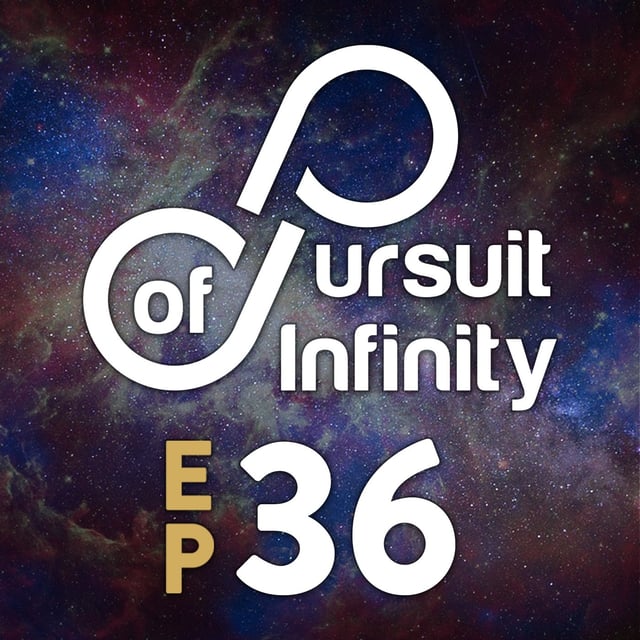

In this week’s episode, we discuss the simulation theory and how we relate to its implications. You’ll hear us express our issues with it, as well as attempt to steel man the argument for a simulation. Our views on it definitely relate back our philosophical and spiritual beliefs, and we lay some of that out in response to simulation theory and understanding reality in general. Were starting to add some extras for Patreon patrons like early access to episodes. More is on the way.
_________________
Music By Nathan Willis RIP
Follow Pursuit Of Infinity:
www.PursuitOfInfinity.com
Discord: https://discord.io/pursuitofinfinity
YouTube: https://www.youtube.com/channel/UCPpwtLPMH5bjBTPMHSlYnwQ
Spotify: https://open.spotify.com/show/58he621hhQ7RkajcmFNffb
Apple Podcasts: https://podcasts.apple.com/ca/podcast/pursuit-of-infinity/id1605998093
Instagram: https://www.instagram.com/pursuitofinfinitypod/
Patreon: Patreon.com/PursuitOfInfinity

In this week’s episode, we discuss the simulation theory and how we relate to its implications. You’ll hear us express our issues with it, as well as attempt to steel man the argument for a simulation. Our views on it definitely relate back our philosophical and spiritual beliefs, and we lay some of that out in response to simulation theory and understanding reality in general. Were starting to add some extras for Patreon patrons like early access to episodes. More is on the way.
_________________
Music By Nathan Willis RIP
Follow Pursuit Of Infinity:
www.PursuitOfInfinity.com
Discord: https://discord.io/pursuitofinfinity
YouTube: https://www.youtube.com/channel/UCPpwtLPMH5bjBTPMHSlYnwQ
Spotify: https://open.spotify.com/show/58he621hhQ7RkajcmFNffb
Apple Podcasts: https://podcasts.apple.com/ca/podcast/pursuit-of-infinity/id1605998093
Instagram: https://www.instagram.com/pursuitofinfinitypod/
Patreon: Patreon.com/PursuitOfInfinity




















